Foodwise Winter
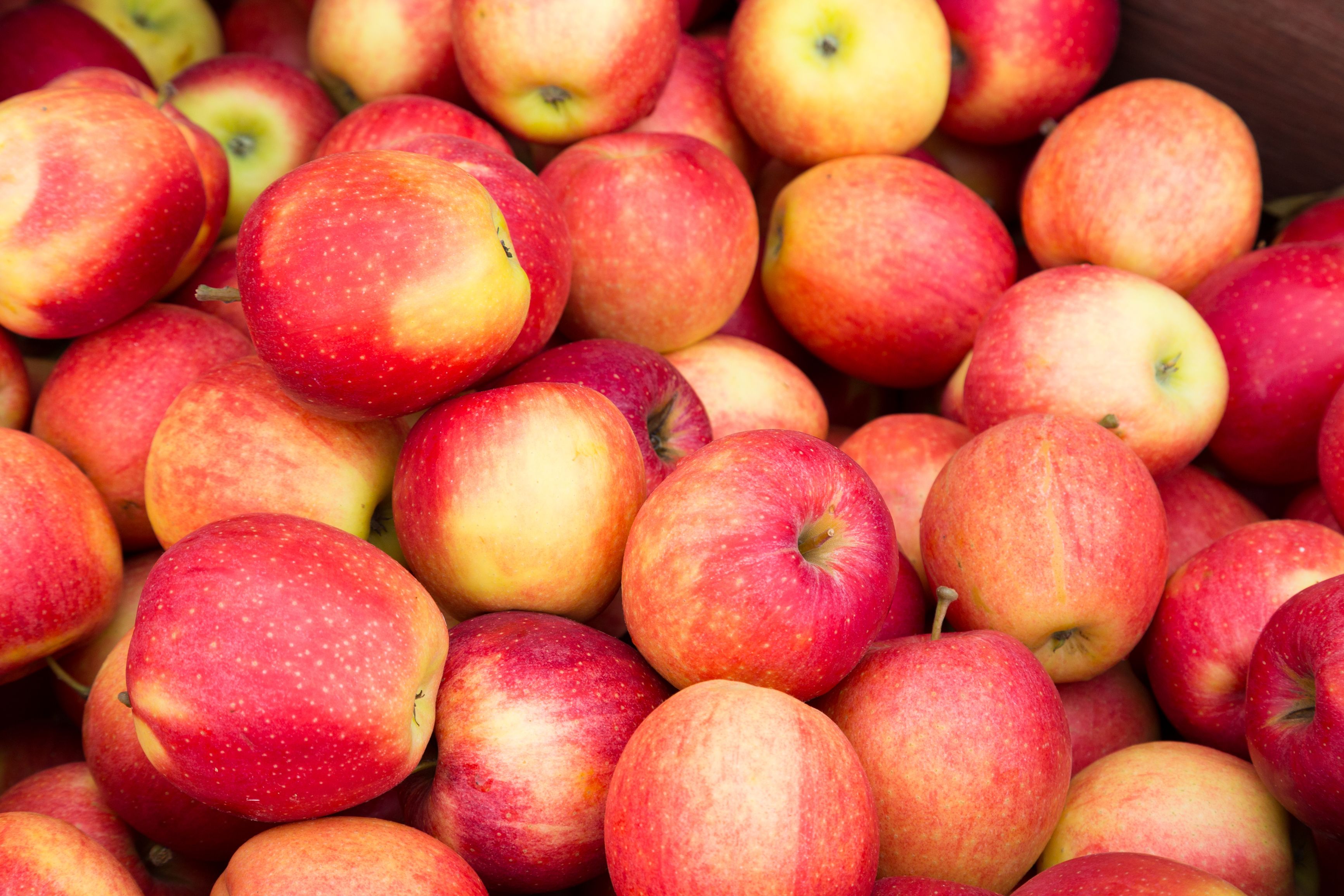
Welcome to edition #60 of Foodwise!
Face to face engagement is back and we’ve been embracing it.
The Royal Easter Show saw thousands of visitors to our stand to learn about how to keep food safe at home. We also celebrated food industry excellence and innovation at the Show, which saw top NSW food businesses showcase the exceptional quality of NSW produce.
We returned to co-hosting Retail and Food Service Information Sessions with local councils for retail businesses and council officers. These forums are held over the year in different areas to promote a strong food safety culture under the Food Regulation Partnership program.
We hope you enjoy this edition of Foodwise. As always, we welcome your comments and feedback so please drop us a line.
Email food.contact@dpi.nsw.gov.au or call the Helpline on 1300 552 406. Or visit the NSW Food Authority website
Single use plastics ban
From 1 June 2022, the use of lightweight single-use plastic bags (bags with handles that are 35 microns thick or less at any part of the bag and are partly or fully plastic) is banned in NSW.
From 1 November 2022, the supply of single-use plastic cutlery, stirrers, straws*, plates and bowls is also banned in NSW.
* Single-use plastic straws may be provided from behind the counter to people with a disability or medical need by businesses who serve food or drinks.
The supply of expanded polystyrene (EPS) food service items (including EPS clamshells, cups, plates and bowls) is included in the ban.
The NSW Environment Protection Authority (EPA) is the regulator and will monitor and enforce the bans.
For more information Plastics ban NSW

NSW Food Authority recruits new detectives to the junior Food Safety Investigation (FSI) Squad
After the successful debut of the FSI: Food Safety Investigation - Kitchen Crimes stand at the Sydney Royal Easter Show in 2021, the Food Authority rolled it out once again for the 2022 Show to educate around 33,000 showgoers on the 4 golden rules of food safety – keep it hot, keep it cold, keep it clean and check the label.
A new hand-washing activation was a hit with around 10,000 pairs of hands put to the test. This involved visitors using a special ‘glow in the dark’ sanitiser to cover their hands before viewing the results under a UV light to make sure all parts of their hand glowed, and no areas were missed.
The activation was extremely popular with both kids and adults who all found it fascinating – and a little bit frightening – when presented with the results.
The new hand-washing activity was chosen to educate visitors on how to correctly wash their hands and to reinforce the importance of adopting good hygiene practices before handling or eating food. Correct hand washing remains the simplest and yet most effective means of reducing the risk of food poisoning.
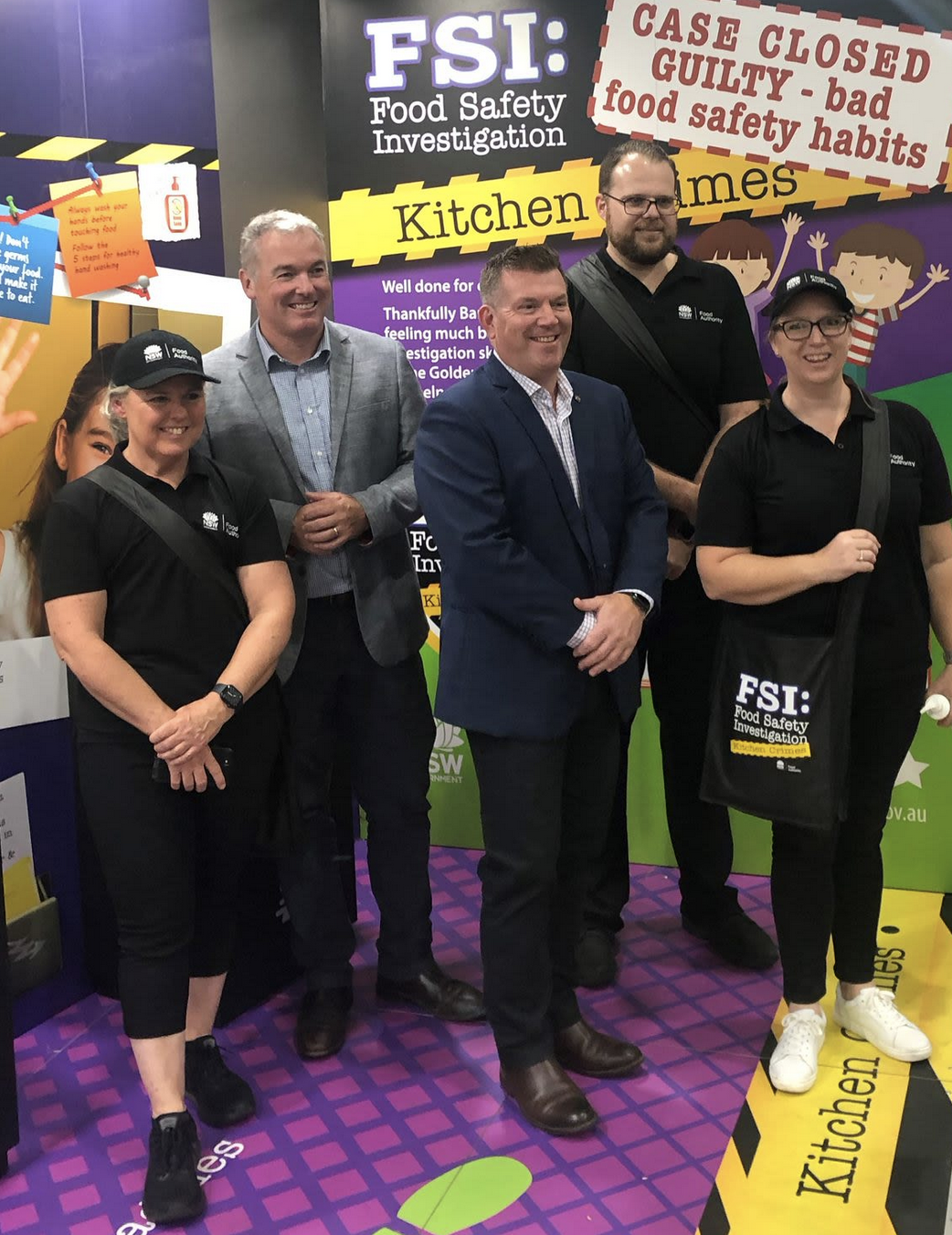
From left to right: Gen Bonello (NSW Food Authority), Scott Hansen (Director General, NSW Department of Primary Industries), The Hon. Dugald Saunders, Minister for Agriculture and Western New South Wales, Jak Stephenson-Roberts (NSW Food Authority) and Kylie MacLean (NSW Department of Primary Industries)
From left to right: Gen Bonello (NSW Food Authority), Scott Hansen (Director General, NSW Department of Primary Industries), The Hon. Dugald Saunders, Minister for Agriculture and Western New South Wales, Jak Stephenson-Roberts (NSW Food Authority) and Kylie MacLean (NSW Department of Primary Industries)
In fact, the NSW Food Authority recently reported that they had achieved its goal of reducing foodborne salmonellosis by 30% as part of the NSW Government’s Food Safety Strategy 2015-2021 and educating the community that clean hands are safe hands played a big part in this.
Families then used their detective skills to move through the interactive ‘crime zones’ to identify poor food handling and personal hygiene habits. Once all crimes were solved, kids were presented with a Junior FSI Squad Bag to continue the detective work at home and rate the cleanliness and safety of their own kitchen.
New messages were also added for adults this year, as recent social research undertaken by the Food Authority identified some food safety habits that need to be stamped out as they present a high risk of foodborne illness, or could unintentionally cause an allergic reaction in someone, which could potentially be fatal.
This included messaging on why you should never wash raw meat, the importance of egg safety, and preparing food for people with allergies.
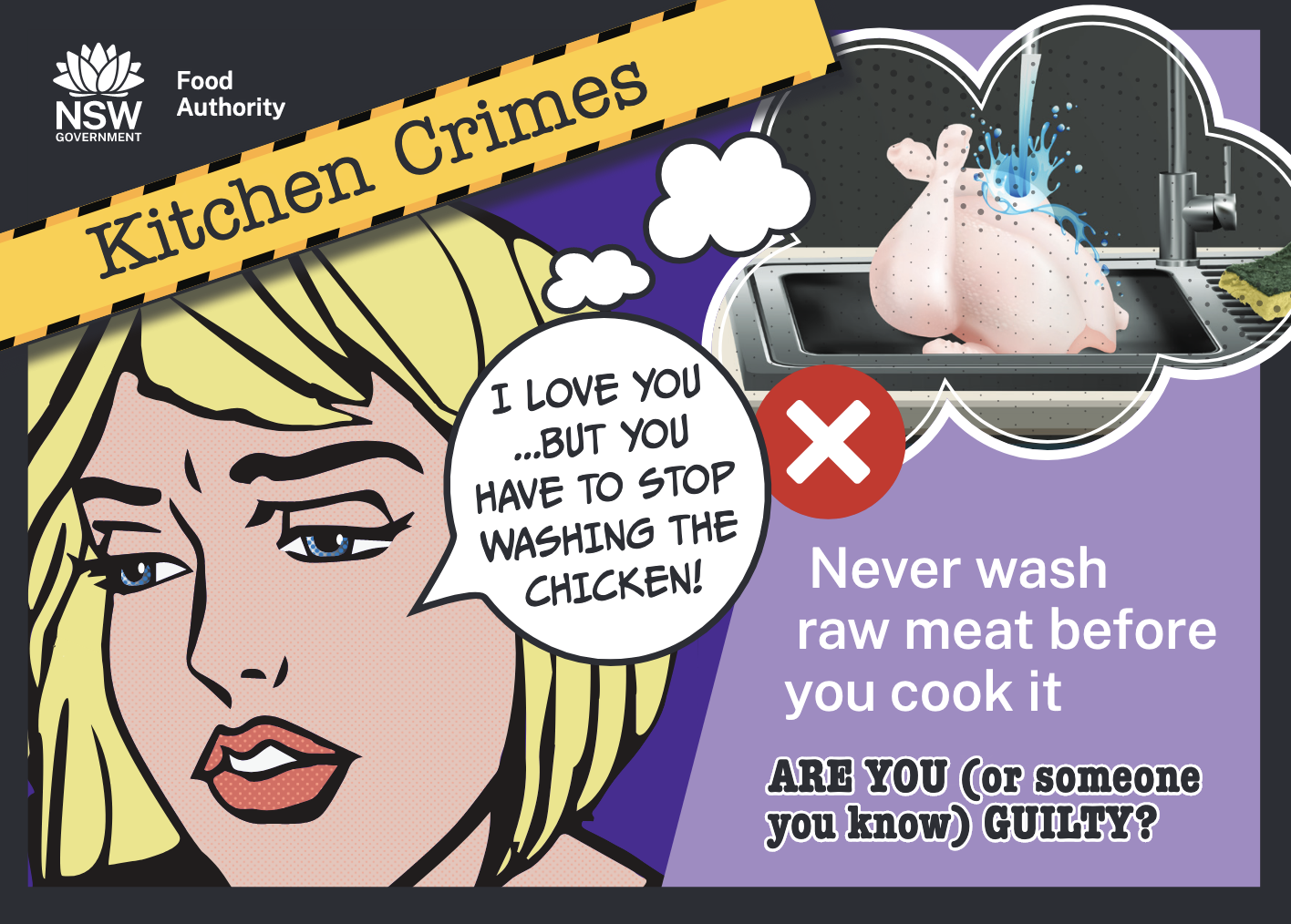
Kitchen Crimes postcard. Never wash raw meat before you cook it
Kitchen Crimes postcard. Never wash raw meat before you cook it
Once all crimes were solved, kids were presented with a Junior FSI Squad Bag to continue the detective work at home and rate the cleanliness and safety of their own kitchen.
Expert Food Authority staff were on hand throughout the show, providing food safety advice and answering further questions from future detectives.
Kids can still join the junior FSI Squad by solving kitchen crimes and downloading the workbook on the Food Authority junior FSI Squad webpage.
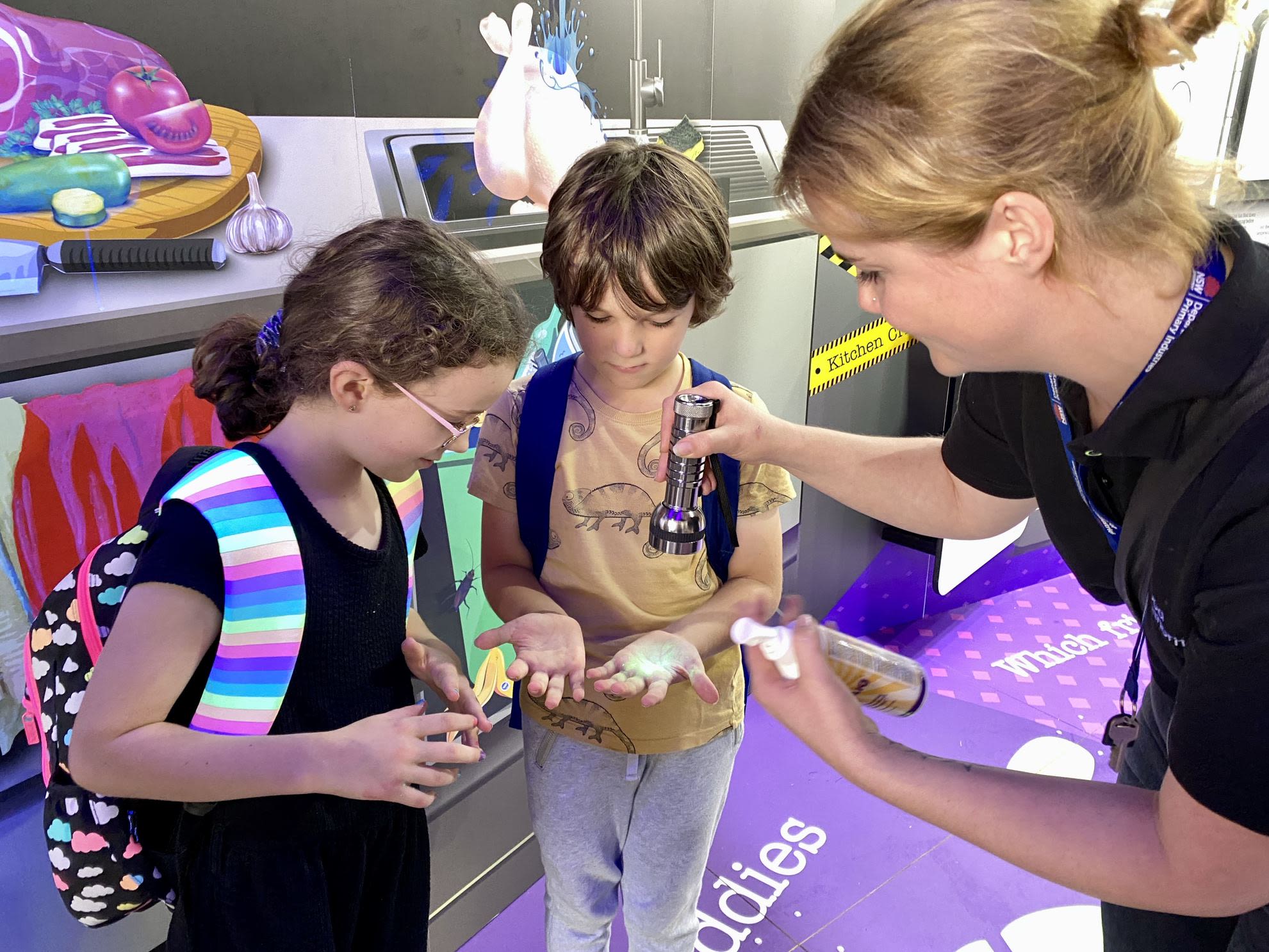
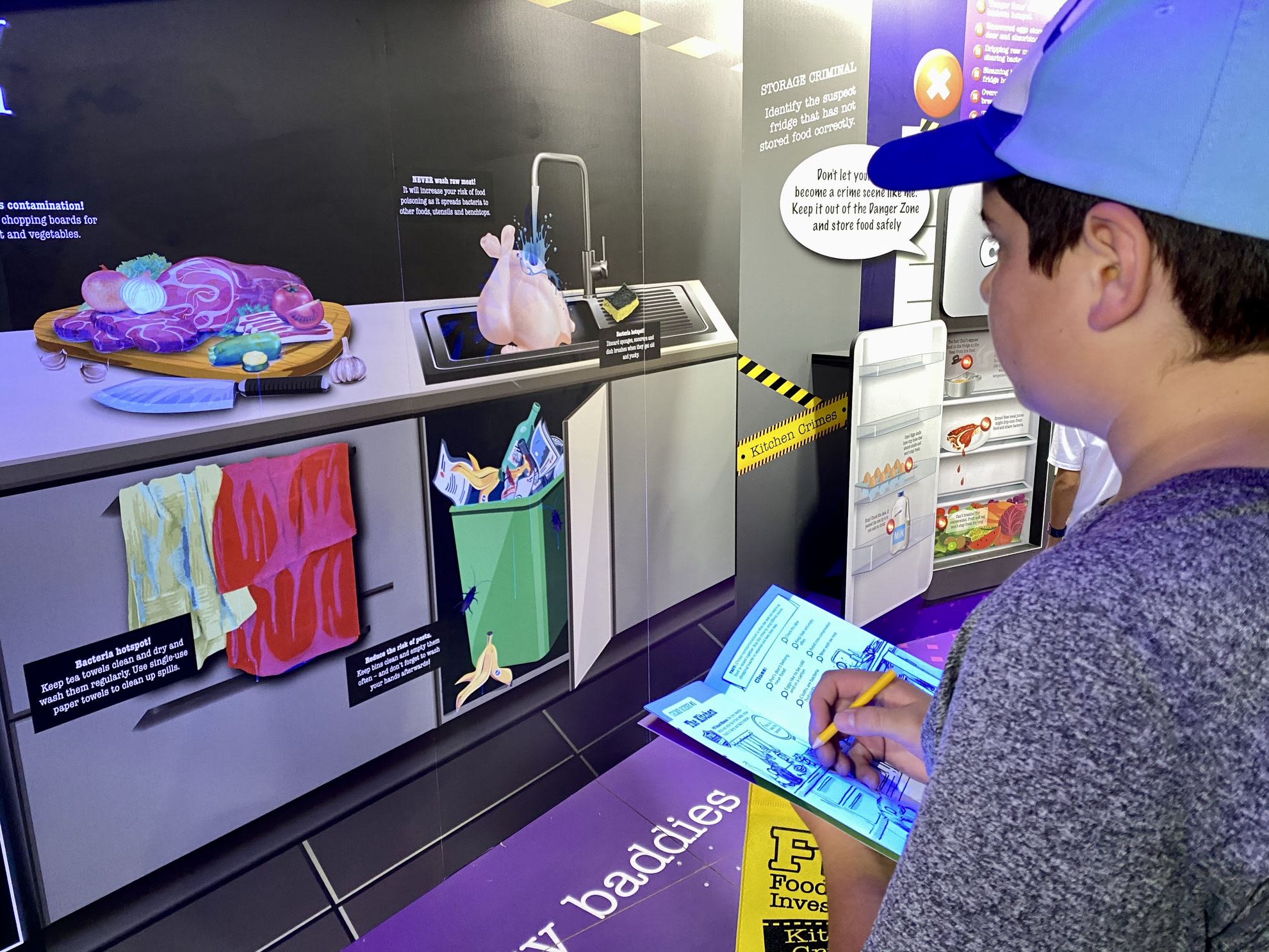
Alternative Compliance
Alternative compliance means food safety control measures that can be demonstrated to achieve the same level of food safety as established measures.
The NSW Food Authority encourages the use of appropriate alternative control measures, however, it is the responsibility of a food business to demonstrate that it will achieve an equivalent outcome and not adversely affect the safety and suitability of the food.
If your business is considering an alternative compliance method, you must notify the Food Authority before using it so we can discuss your proposed method with you before you apply for approval.
- Read the Developing Innovative Food Safety Control Measures guide for food businesses on demonstrating equivalent food safety outcomes using an alternative method of compliance.
- Notify the Food Authority by emailing food.sciencesupport@dpi.nsw.gov.au to discuss the proposed method.
- Apply using the Alternative Compliance application form and provide relevant supporting documents.
The Food Authority will assess your application and advise you of the outcome.
The alternative compliance webpage also includes details on the alternative compliance for cooling large meat products and provides access to the following new documents:

Lumpy Skin Disease
Lumpy Skin Disease (LSD) was detected in our near neighbour Indonesia in March this year. It is a highly infectious viral disease that affects all breeds of cattle and water buffalo. It does not affect other types of livestock or humans.
Australia remains free of the disease with no reports of detection here, but the presence of LSD in Indonesia puts Australia at increased risk.
While LSD does not present a food safety risk and does not cause disease in people it presents a grave biosecurity risk and would have a devastating impact upon the cattle industry, so everyone is encouraged to be proactive in looking for any signs of the disease in cattle and take preventative measures to mitigate the risk of any incursion in Australia.
Signs to look for include animals with fever, depression, and characteristic skin nodules – essentially lumpy looking skin.
Once in a herd, the disease is very difficult to eradicate as it is highly contagious and can be shared from animal to animal via secretions and excretions and easily spread by insects. Current weather conditions have seen an increase in insect numbers further increasing the risk. Biting flies and mosquitoes as well as ticks play a major role in spreading LSD between animals on farm and between farms.
The best way to protect cattle is to develop and implement an integrated insect management plan and tick control measures.
NSW has implemented increased surveillance, developed an Emergency Animal Disease response plan and is working closely with the Commonwealth, other state and territory jurisdictions, national, state and territory veterinary boards and industry to ensure preparedness in the event of an outbreak.
LSD is a notifiable disease which means an animal showing suspect signs of the disease must be reported to a Local Land Services District Veterinarian (DV) on 1300 795 299 or the Emergency Animal Disease Watch Hotline on 1800 675 888.
Further information about LSD can be found at www.dpi.nsw.gov.au/biosecurity/animal/info-vets/lumpy-skin-disease
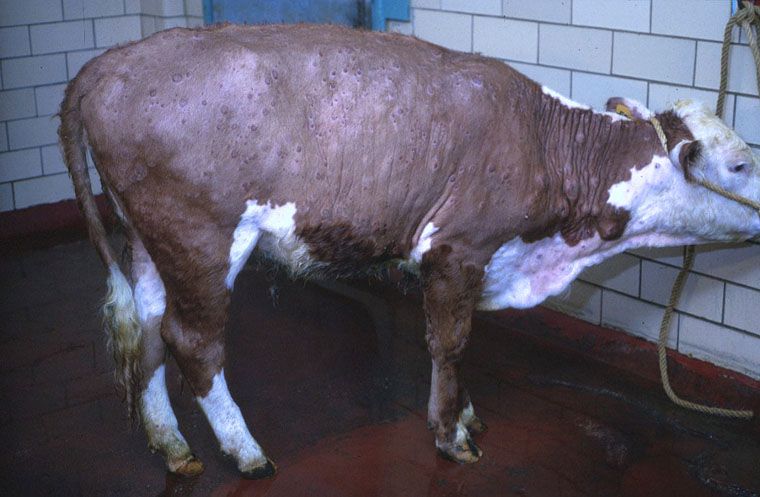
Lumpy skin disease – Disseminated cutaneous papules with necrotic centres. Source: Center for Food Security and Public Health (CFSPH) at Iowa State University, College of Veterinary Medicine and Plum Island Animal Disease Center (PIADC). Noah’s Arkive, PIADC LSD_002
Lumpy skin disease – Disseminated cutaneous papules with necrotic centres. Source: Center for Food Security and Public Health (CFSPH) at Iowa State University, College of Veterinary Medicine and Plum Island Animal Disease Center (PIADC). Noah’s Arkive, PIADC LSD_002
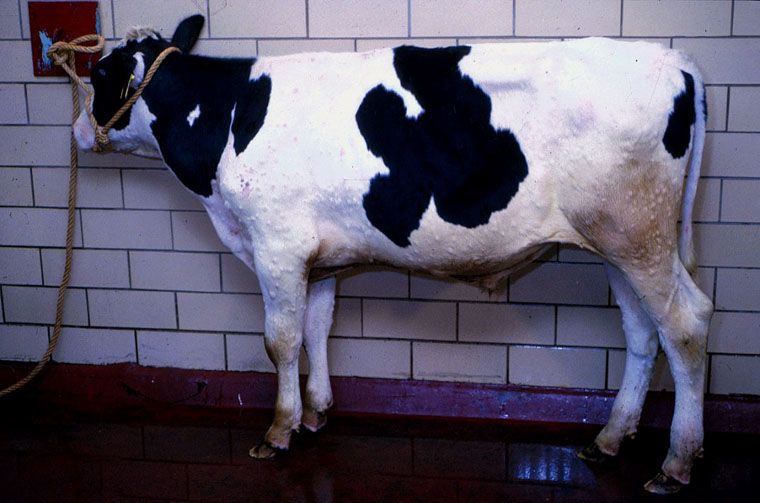
Lumpy skin disease – Disseminated cutaneous papules. Source: Center for Food Security and Public Health (CFSPH) at Iowa State University, College of Veterinary Medicine and Plum Island Animal Disease Center (PIADC). Noah’s Arkive, PIADC LSD_001
Lumpy skin disease – Disseminated cutaneous papules. Source: Center for Food Security and Public Health (CFSPH) at Iowa State University, College of Veterinary Medicine and Plum Island Animal Disease Center (PIADC). Noah’s Arkive, PIADC LSD_001
Foot and Mouth Disease detected in Indonesia
Closely following the detection of Lumpy Skin Disease (LSD) in Indonesia in March this year was advice that Foot and Mouth Disease (FMD) was detected in Indonesia in May.
FMD is a highly contagious viral disease that affects animals with a cloven hoof which includes cattle, sheep, goats, deer, camelids and buffalo. FMD does not affect humans, horses, or companion animals such as dogs and cats.
It is not present in Australia and the risk of it entering Australia remains low however FMD is considered one of Australia’s greatest biosecurity risks. Indonesia has been free from FMD since 1986, the May 2022 detection brings the disease the closest it has been to Australia since that time.
As a result NSW and its Commonwealth, state and territory counterparts are increasing surveillance and preparedness activities in close consultation with industry and other stakeholders. There are well-rehearsed FMD response plans and arrangements in place and government and industry preparedness is continuously reviewed.
While FMD does not pose a risk to human health, an outbreak would have devastating biosecurity and economic impacts upon the sector and broader community as evidenced in countries overseas where the effects of FMD incursion were felt far beyond the agriculture and food industry.
FMD virus is spread primarily through animal movement, it carried by live animals and in meat and dairy products, as well as in soil, bones, untreated hides, vehicles and equipment used with these animals. It can also be carried on people’s clothing and footwear. It can survive in frozen, chilled and freeze-dried foods including meat and dairy products.
New South Wales and all other Australian states and territories have strict laws that prohibit swill feeding, the practice of feeding meat, animal products and imported dairy goods to pigs, that has been another identified cause of FMD outbreaks overseas.
It is because of the various ways FMD virus is spread and the high level of contagiousness it is one of the most concerning animal diseases. Australia has strict quarantine requirements to reduce the risk of FMD becoming established.
Everyone can play their part in reducing the risk and livestock producers are urged to be alert for signs of disease in their animals. If animals are showing signs of illness that are consistent with FMD, it should be reported to the Emergency Animal Disease Watch Hotline on 1800 675 888 or to your local veterinarian.
Signs to look for include animals who may be presenting with fever, drooling and reluctance to move. Animals may also suffer from blisters on the mouth, snout, tongue, lips or between and above the hooves on the feet.
Further information about FMD can be found at www.dpi.nsw.gov.au/animals-and-livestock/beef-cattle/health-and-disease/viral-diseases/fmd
Background image: European Commission for the Control of FMD
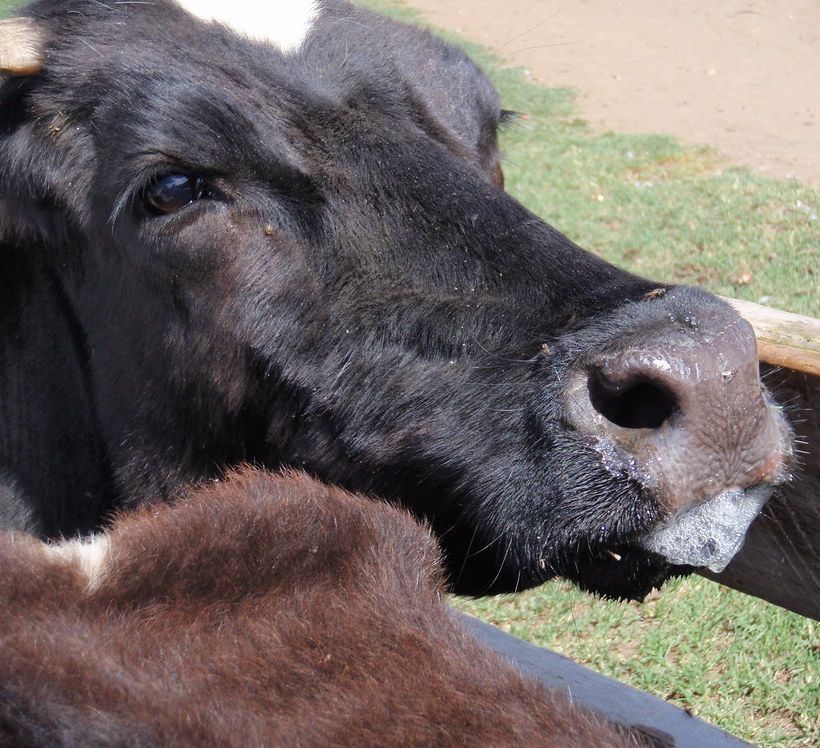
RETAIL
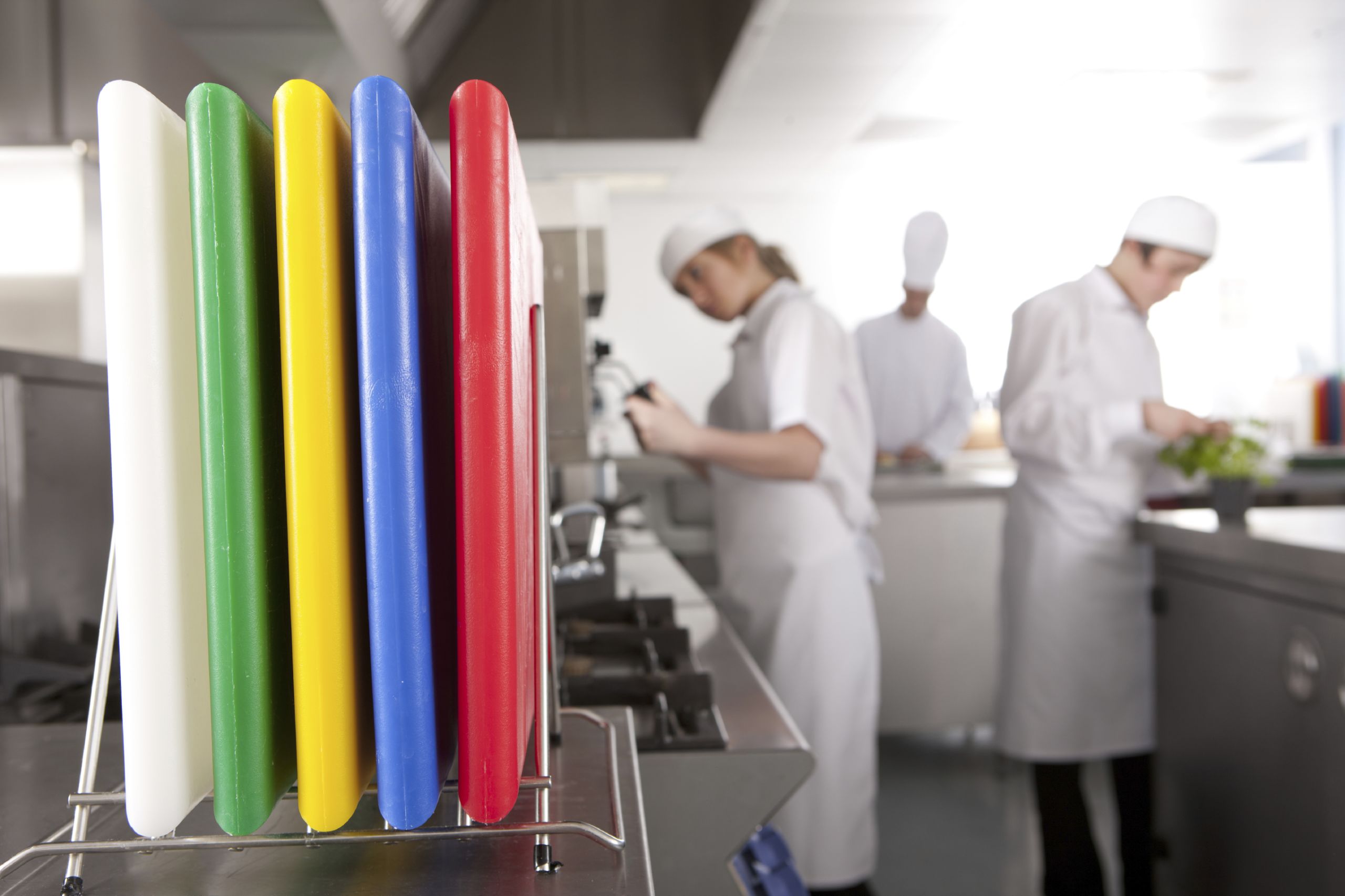
Snowy Valleys Council Retail & Food Service Information Session
The importance of cleaning and sanitising, preventing foodborne illness and knowing your food labelling were key discussion points at the most recent Retail and Food Service Information Session, held in Tumut last month.
The meeting commenced with a welcome address from Mr Nick Wilton, Manager Growth and Activation at Snowy Valleys Council who highlighted the importance of food safety amongst attendees from local cafes, restaurants, and retail food outlets.
Mr Judd Owen from the NSW Food Authority’s Local Government Unit provided highly engaging presentations on preventing foodborne illness in NSW; what retailers need to know about the current food safety legislation requirements; and information on food labelling. Mr Peter McCarthy, Senior Environmental Health Officer from Snowy Valleys Council provided an interesting presentation on cleaning and sanitising in retail food businesses including common failures and barriers faced by food handlers to effectively sanitising, controlling cross contamination and effective pest control.
This Retail and Food Information Session was co-hosted by Snowy Valleys Council in conjunction with the NSW Food Authority as part of the Food Regulation Partnership. It was fantastic opportunity for attendees to see a joint commitment to food safety with surrounding Local Government Areas attending, including their Environmental Health Officers (EHOs).
The NSW Food Authority usually holds three sessions a year to bring together local food businesses, council EHOs and representatives from the Food Authority to learn how to create and maintain a culture of food safety within the retail food sector.
The next Retail & Food Service Information Session will be hosted by Wollondilly Shire Council on 2 August 2022.

Are you a food business in the Wollondilly Shire Council area?
Hosted by Wollondilly Shire Council and the NSW Food Authority don’t miss the Retail and Food Service Information Session, details below.
When: Tuesday, 2 August 2022
From: 9:30am-12:30pm (registration from 9:00 - 9:30am) Morning tea is provided
Where: Picton Bowling Club, 10 Cliffe Street, Picton.
Learn how to instil a culture of food safety in your food business and keep your customers free from foodborne illness.
This is a complimentary event. Register here
For more information phone NSW Food Authority on 1300 552 406.

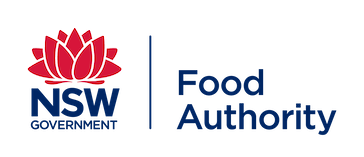
FRP Champion Awards
The NSW Food Authority’s formal partnership with NSW local councils, known as the Food Regulation Partnership (FRP), ensures that food sold in the retail sector is safe to eat. The FRP model includes a comprehensive program to support and assist council roles in food regulation, and to celebrate their successes through the FRP Food Surveillance Champion Awards (the Awards).
The Awards are open to enforcement agencies and their employees that operate under the Food Act 2003 (NSW) and recognise individuals and organisations that have made a significant contribution to food surveillance in NSW. The award acknowledges ‘best’, ‘leading’ or ‘innovative’ practices in local government food surveillance.
While the awards are typically presented at a formal dinner during the biennial FRP Workshop, due to the impacts of COVID-19, the Workshop was not held; so, the Food Authority decided to present the awards to successful recipients in person.
Congratulations to all the well deserving recipients of the 2021 FRP Champions Award recipients, listed below:
Group – City: The Environmental Health Team from the City of Canada Bay.
The judging panel commended the team for their resilience and initiative with proactive initiatives during the recent pandemic.
They demonstrated creativity by developing video/FaceTime food standards inspections. The impact of this initiative during the pandemic was to provide the community with not only the skills and knowledge to manage COVID-19 – and more broadly food safety – but certainty to ensure they were doing the right thing.
Individual – City: Shivani Nair of Liverpool City Council.
The judging panel recognised Shivani’s leadership and dedication to food safety and the Liverpool City Council’s community by proactively identifying, engaging and educating not-for-profit organisations. The organisations provide food to the most vulnerable residents, and this initiative delivered a significant food safety outcome to them.
Group-Country: The Environmental Health Team from Wagga Wagga City Council.
This team voluntarily assisted stranded elderly residents to ensure the distribution of meals during lockdowns, when the regular volunteers were unable to assist. They also developed a children’s book that provided guidance on the pandemic that was endorsed by NSW Health in addition to developing special newsletters on the coronavirus, the food safety calendar project and streamlining and processing temporary food applications using a new online system to the benefit of local food businesses.
Individual – Country: Cameron Smith from Lismore City Council.
Cameron is recognised for his dedicated commitment and service to food safety for over 30 years, where he has held several positions during his career. Cameron has assisted neighbouring councils by conducting food inspections at major events and worked closely with businesses after they were affected with floods. In 2013 he attended Lismore’s sister city in Japan where he looked at various different types of food manufacturing techniques and food event management to enrich his knowledge and implement learnings into Australia. For the last 5 years Cameron has represented the Northern Rivers area on the State Liaison Group in contribution towards the Food Regulation Partnership.
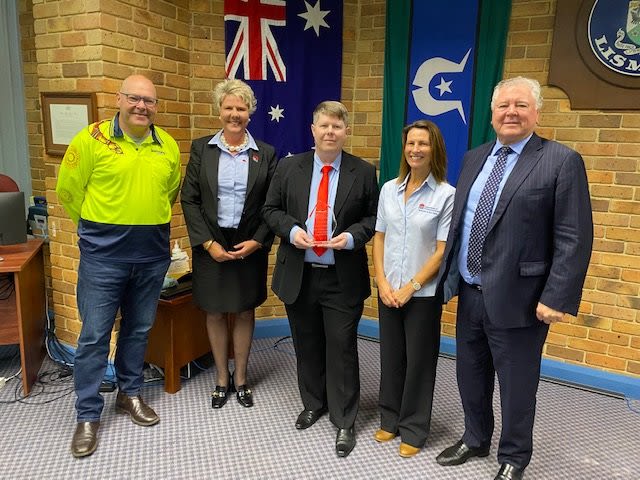
From Left to Right: Cr Steve Krieg (Mayor, Lismore City Council), Katherine Gash (NSW Food Authority), Cameron Smith (Environmental Health Officer, Lismore City Council and award recipient), Ruth Houston (NSW Food Authority), John Walker (General Manager, Lismore City Council).
From Left to Right: Cr Steve Krieg (Mayor, Lismore City Council), Katherine Gash (NSW Food Authority), Cameron Smith (Environmental Health Officer, Lismore City Council and award recipient), Ruth Houston (NSW Food Authority), John Walker (General Manager, Lismore City Council).
MEAT
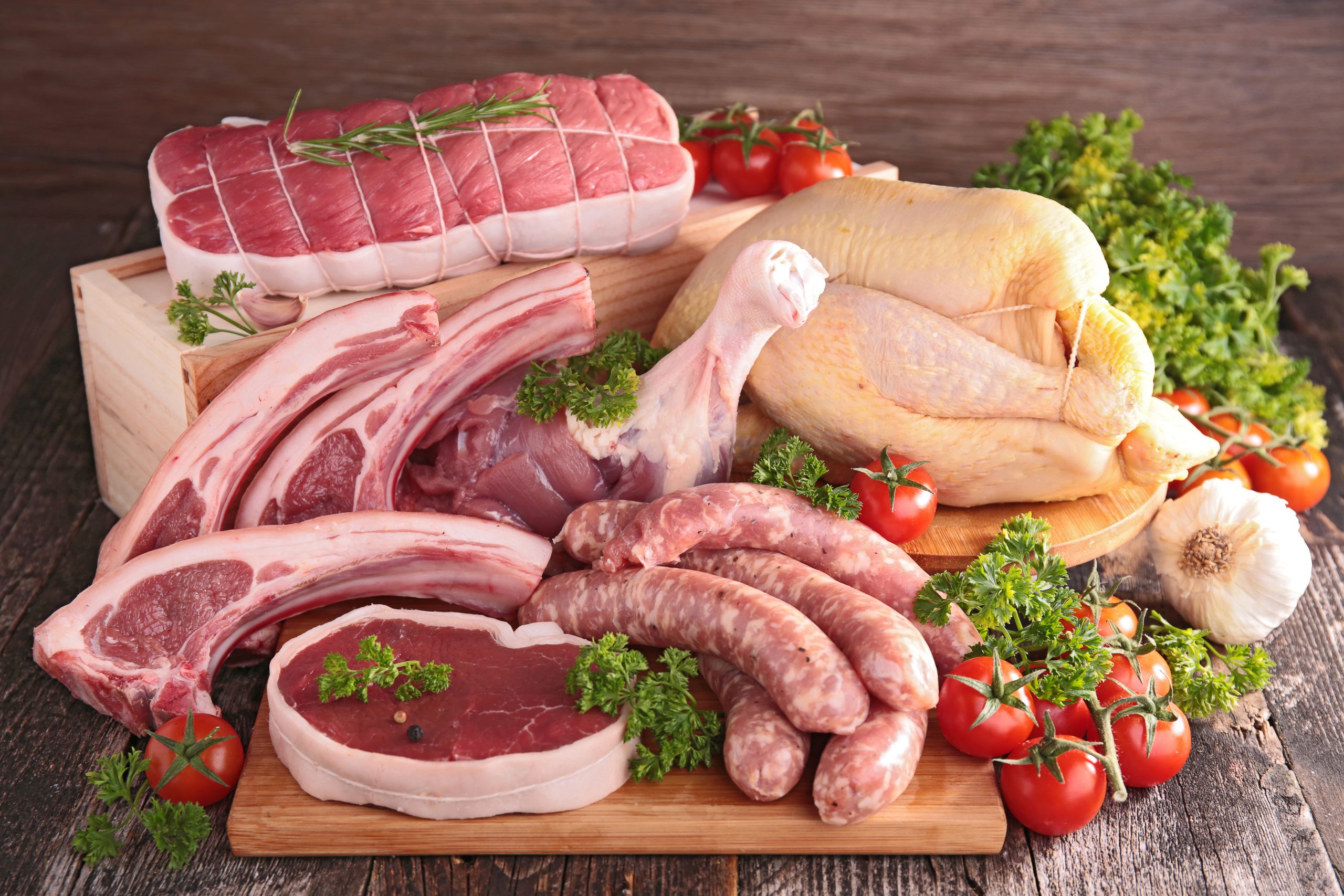
Inspections and audits
From January 2022 to March 2022, the Food Authority conducted 121 inspections and 373 audits of licensed meat businesses. This industry sector has recorded a compliance rate of 92%. There were no serious enforcement actions taken against licensed dairy business during this period.
The table below shows comparable data for compliance and audit activity in the meat sector between the same reporting periods in 2021 and 2022.
| Reporting period | Jan – Mar 2021 | Jan – Mar 2022 |
|---|---|---|
| Total audits | 347 | 373 |
| Total inspections | 196 | 121 |
| Compliance rate | 93% | 92% |
Meat Industry Consultative Council
The last Meat Industry Consultative Council (MICC) meeting was held on 9 March 2022.
Issues considered by the committee via video conference during the meeting included updates on:
- Meat industry compliance activities for the 2021-22 financial year to date (July to December 2021).
- The NSW Animal Welfare Reform process
- Development of Australian Animal Welfare Standard & Guidelines
- Review of National Animal Welfare Standard & Guidelines Poultry
- NSW response to Japanese encephalitis virus affecting piggeries.
A full summary of meeting outcomes is available here.
More information about the Meat Industry Consultative Council, including its purpose, functions, and membership can be found on the NSW Food Authority website here.
The next meeting of the MICC is scheduled for 13 July 2022.
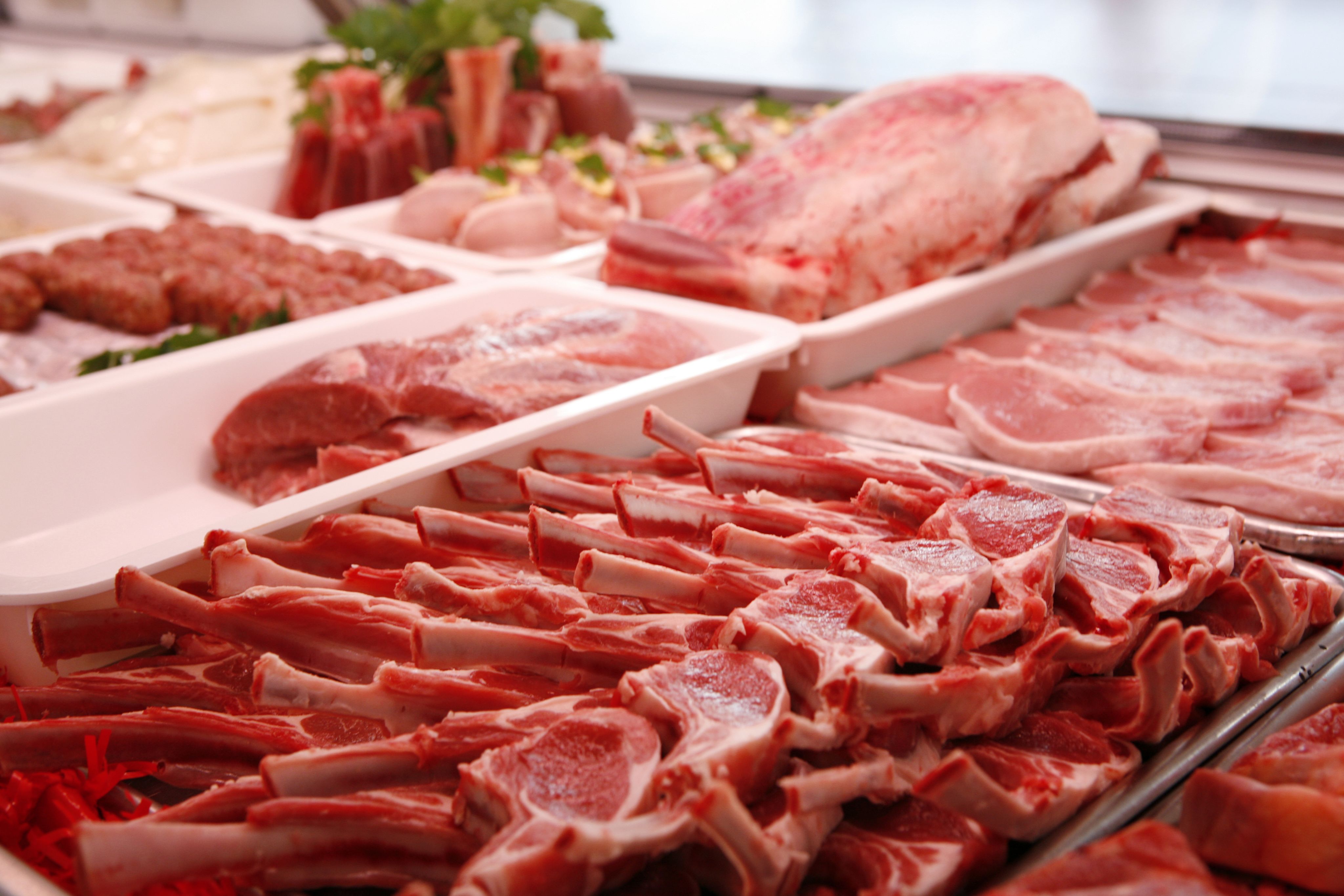
Financial and wellbeing services to support Japanese encephalitis affected pig owners and producers
While mosquito numbers have started dropping significantly and wild water birds have begun their migrations north, affected piggeries are still experiencing production losses as a result of Japanese encephalitis (JE).
For those affected by JE, the impacts may be far reaching and beyond production losses alone. There are a number of Farm Business (Financial) and Wellbeing resources and support networks that are available to assist pig owners and producers affected by JE.
Financial support
The Rural Financial Counselling Services (RFCS)
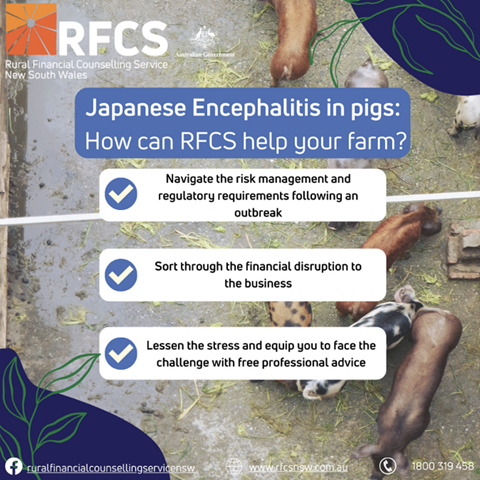
The RFCS is a government funded national service that offers free, independent financial guidance to farm businesses.
RFCS Counsellors are professionals, with skills and knowledge to assist farmers:
Build operational budgets to ensure working capital is optimised during tough times
Build a plan for financial recovery after periods of financial hardship
Demonstrate their business potential to financiers via financial analysis
Apply for grants and loans from NSW Rural Assistance Authority (RAA), Regional Investment Corporations (RIC), NSW Service and the Farm Household Allowance (Centrelink).
RFCS Counselling is highly confidential. For more information, visit rfcsnetwork.com.au/
Wellbeing support
Rural Adversity Mental Health Program
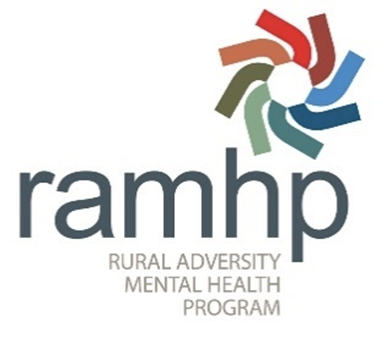
The Rural Adversity Mental Health Program (RAMHP) has 20 Coordinators based across regional, rural and remote NSW. They are uniquely placed to identify and link people in their community experiencing mental health concerns to mental health support. To find your local RAMHP Coordinator, visit ramhp.com.au/find-ramhp-coordinator/
The RAMHP coordinators are a conduit, they can help link people to local mental health support, as well as offer training to workplaces and community groups about mental health and wellbeing in times of adversity. They will not provide counselling services themselves.
RAMHP are a great support and can offer advice on ways to start a mental health conversation with someone, or chat about your own wellbeing.
RAMHP has a range of downloadable resources, which provide information and assistance to find mental health, financial and other practical support during times of adversity.
Visit ramhp.com.au/downloadable-resources or contact your local RAMHP Coordinator to obtain copies you can share with staff or your local community.
For more details, or to find a RAMHP coordinator near you, visit ramhp.com.au
Financial and wellbeing support
The FarmHub

The FarmHub connects Australian farmers to a range of helpful services and support. Services include farm business assistance to help farmers navigate financial challenges, as well as mental health tools and services designed to strengthen wellbeing.
The Farm Business Assistance directory brings together assistance and support options for you and your farm business from a wide range of Government and private sources.
For more details, visit farmhub.org.au/explore-assistance
During an emergency animal disease event, like Japanese encephalitis, and other challenges, it is more common for people to experience distress, including anxiety and depression.
With a little help, you can employ tools and strategies that support stronger mental health and wellbeing – making you, your family and your business more resilient.
The Farm Hub provides a Mental Health Resource hub, summarising a range of services that are available to help strengthen mental wellbeing for the farming community.
For more details, visit farmhub.org.au/mental-health
Further information on Japanese encephalitis in pigs
- Japanese encephalitis (NSW DPI)
National advice for mosquito management for pig owners and producers is available through the following links:
- Controlling mosquitoes around piggeries (Farm Biosecurity)
- Controlling mosquitoes around piggeries (Fact Sheet – Farm Biosecurity)
- Integrated Mosquito Management Principles for Piggeries (Guide - Farm Biosecurity)
Any questions regarding JE in pigs, can be directed to the NSW JE Management Team at JE.operationsofficer@dpi.nsw.gov.au
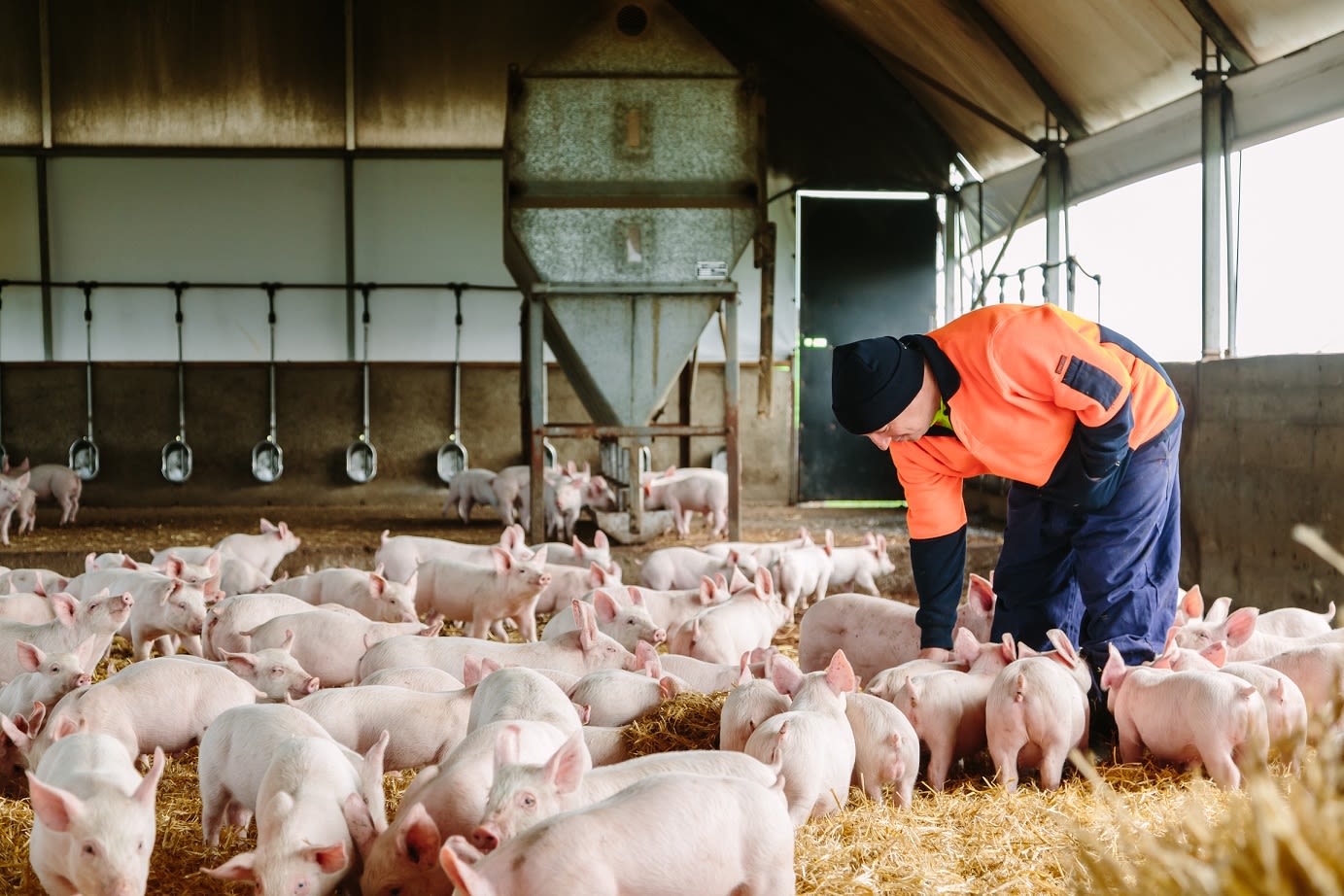
SEAFOOD
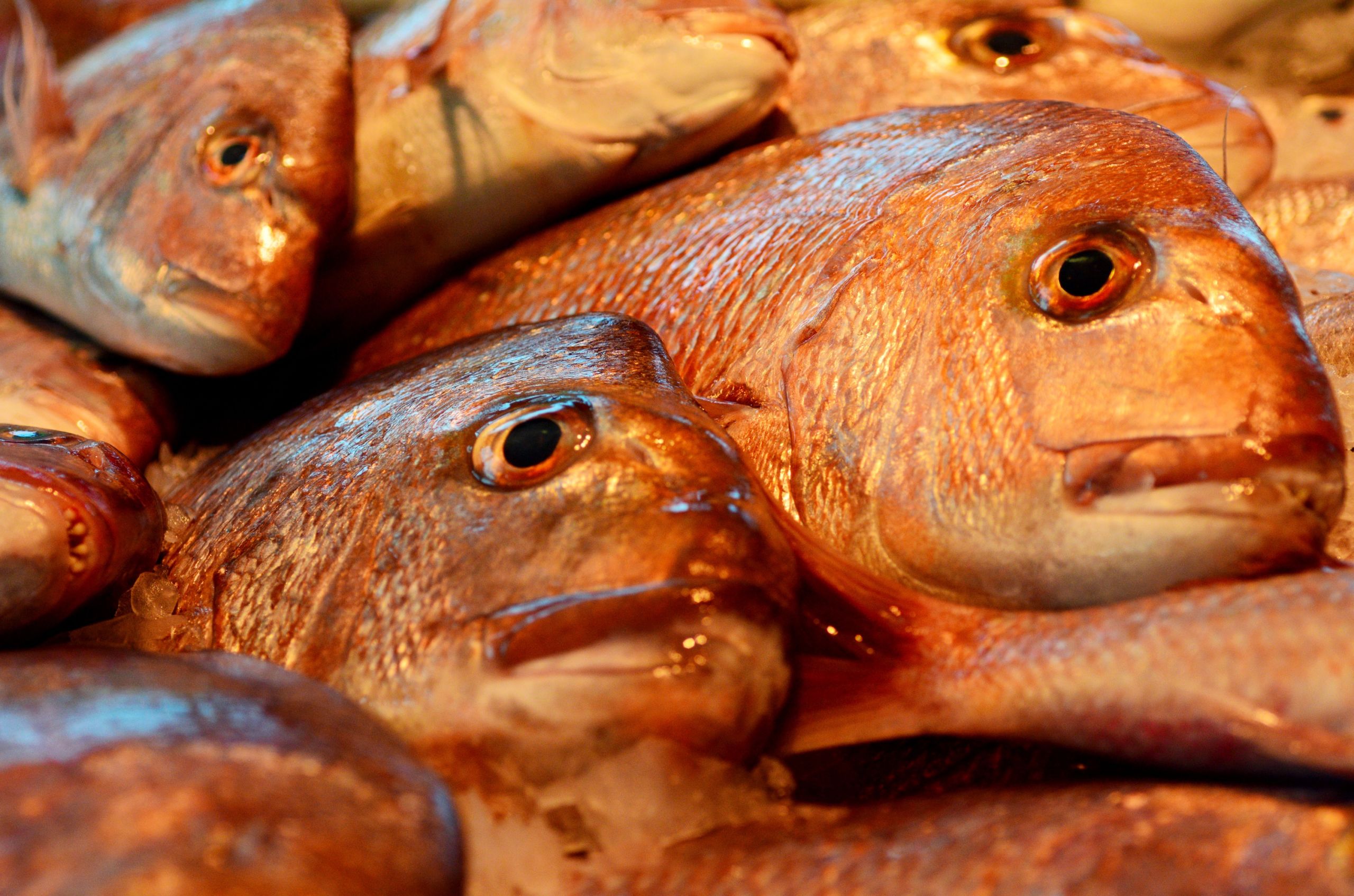
NSW Shellfish Committee
The last NSW Shellfish Committee meeting was held on 25 May 2022.
Issues considered by the committee via video conference during the meeting included (but was not limited to) updates on:
- Newly established Committee members
- Lease tenure and tiered lease security amendments
- Responsible Oyster Farmer Training Package – 2020 Sector Development Grant
- Vibrio parahaemolyticus Prevalence Study
A full summary of meeting outcomes is available here.
More information about the NSW Shellfish Committee, including its purpose, functions, and membership can be found on the NSW Food Authority website here.
The next meeting of the NSW Shellfish Committee is scheduled for 10 August 2022.
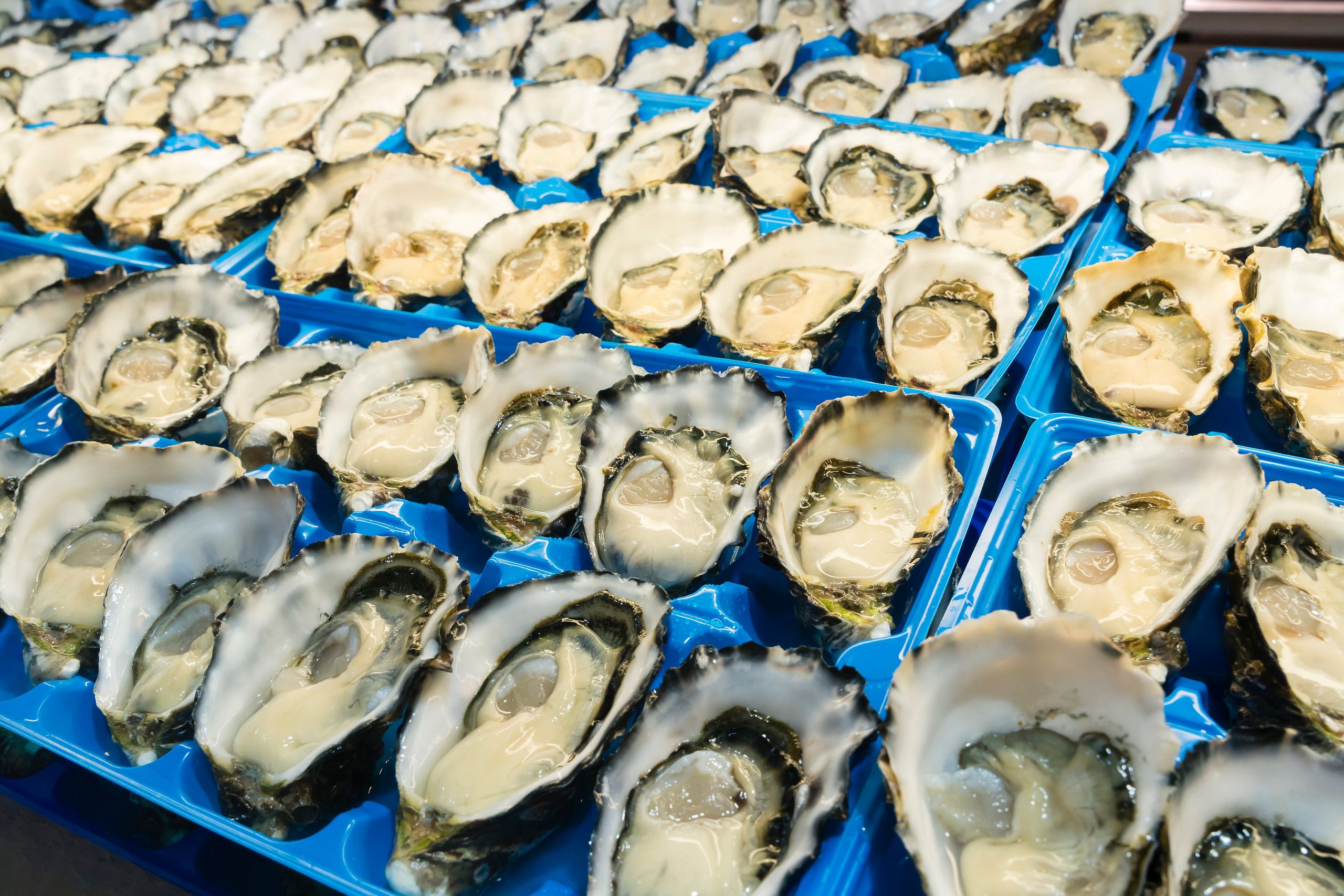
Transforming Australian Shellfish Production – Project Update
The Food Agility CRC project ‘Transforming Australian Shellfish Production’ is underway and is building on the findings of the ‘NSW Oyster Transformation’ Project. The Project will run until 2024. The focus is to improve the precision of harvest area management plans and develop models for harmful algal bloom and oyster mortality events to assist in refining farm management practices. The project is a collaboration between the Food Agility CRC, UTS, NSW DPI, NSW Farmers Association and the Western Australia Agriculture Authority, along with NSW and WA oyster farmers.
The Project uses data from real time sensors, biological samples and molecular genetic methods to support harvest area operations. Individual reports are being developed for participating estuaries. These will be available on the Food Agility CRC website in the coming months. The first report on the Manning River was published during April 2022. The report demonstrated the utility of salinity-based management plans for predicting potential contamination events and managing water quality risks. Real time sensor data, combined with rapid molecular tools, can help predict optimal conditions for harvesting and growth. This has the potential to improve regulatory and management outcomes and enhance the productivity and profitability of oyster farming in the Manning River.
As of April 2022, sixteen salinity-only management plans, based on real time salinity sensor data, have been offered for harvest areas in participating NSW estuaries, with six being taken up and the remaining ten under consideration.

2022 Seafood Excellence Awards
The NSW Food Authority is proud to continue its support of the seafood industry through its sponsorship of the ‘NSW Primary Producer Award’ at the 2022 Sydney Fish Market Seafood Excellence Awards.
The biennial event is held to honour the seafood industry’s top achievers across retailers, suppliers, restaurateurs, and other businesses.
This year’s deserving winner of the NSW Primary Producer Award was the Wallis Lake Fisherman’s Co-op, selected from a strong pool of entrants and finalists.

The Hon. Dugald Saunders, Minister for Agriculture and Western New South Wales presenting the Award to the winner of the Food Authority sponsored NSW Primary Producer Award, Wallis Lake Fisherman's Co-op.
The Hon. Dugald Saunders, Minister for Agriculture and Western New South Wales presenting the Award to the winner of the Food Authority sponsored NSW Primary Producer Award, Wallis Lake Fisherman's Co-op.
NSW Food Authority CEO Dr Lisa Szabo said despite tough competition from excellent finalists the winners stood out thanks to their commitment to delivering safe and healthy food to consumers.
“Their ethos to sell the freshest and best quality seafood to their local community and beyond aligns with the NSW Food Authority’s goal to ensure food sold in NSW is of high quality and safety,” Dr Szabo said.
“The Food Authority’s sponsorship and support of this event is part of a broader shared vision by the Sydney Fish Market and the NSW Department of Primary Industries (NSW DPI) for a safe and sustainable seafood industry.
“As part of the NSW DPI, the Food Authority is proud to play its part in working to increase the value of primary industries and drive economic growth across the state by engaging with the seafood sector to promote industry development, natural resource management, research, and food safety.”
Winners of each category of the Sydney Fish Market Seafood Excellence Awards will be put forward as the NSW nominees for the National Seafood Industry Awards, which will be announced in September at Seafood Directions in Brisbane.
Good luck to the Wallis Lake Fishermen’s Co-op!
Applause for Australia’s Oyster Coast, Appellation Oysters Merimbula Bistro
Australia’s Oyster Coast stole the show at the recent 2022 Sydney Royal Aquaculture competition when they took home the coveted prize of the NSW Food Authority perpetual trophy for Champion Sydney Rock Oyster for its Appellation Oysters – Merimbula Bistro oyster.

In a demonstration of its commitment to working closely with its industry partners, the Food Authority annually sponsors various exhibits of the Royal Agricultural Society’s Sydney Fine Food Show.
The sponsorship is an opportunity to recognise and celebrate talented food producers in NSW and promote excellence and innovation in the food industry.
When judging the entries, which takes place in the Food Dome during the Sydney Royal Easter Show, experts from the aquaculture industry evaluate the texture, taste and freshness of a wide variety of Sydney Rock Oysters.
The competition is then judged on a point-based system with Gold medal recipients in each class re-judged to identify each Champion product.
The NSW Food Authority values the strong relationship it has with the NSW aquaculture industry and look forward to continuing to work alongside them in producing safe quality seafood for consumers.
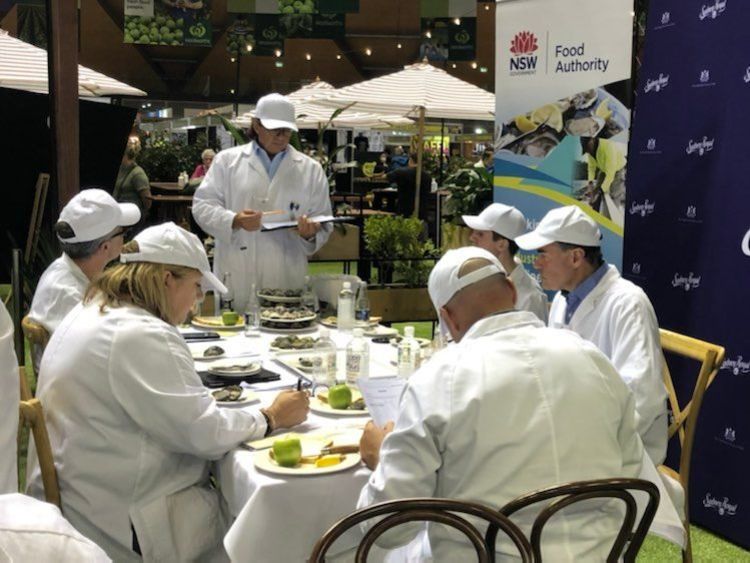
Judging the entries, which takes place in the Food Dome during the Sydney Royal Easter Show
Judging the entries, which takes place in the Food Dome during the Sydney Royal Easter Show
Inspections and audits
From January 2022 to March 2022, the Food Authority conducted 20 inspections and 140 audits of licensed seafood businesses. This industry sector has maintained a high compliance rate of 95% with no serious enforcement actions being taken.
The table below shows yearly comparable data for compliance and audit activity in the seafood sector between the same reporting periods in 2021 and 2022.
| Reporting period | Jan – Mar 2021 | Jan – Mar 2022 |
|---|---|---|
| Total audits | 58 | 140 |
| Total inspections | 41 | 20 |
| Compliance rate | 94% | 95% |
DAIRY
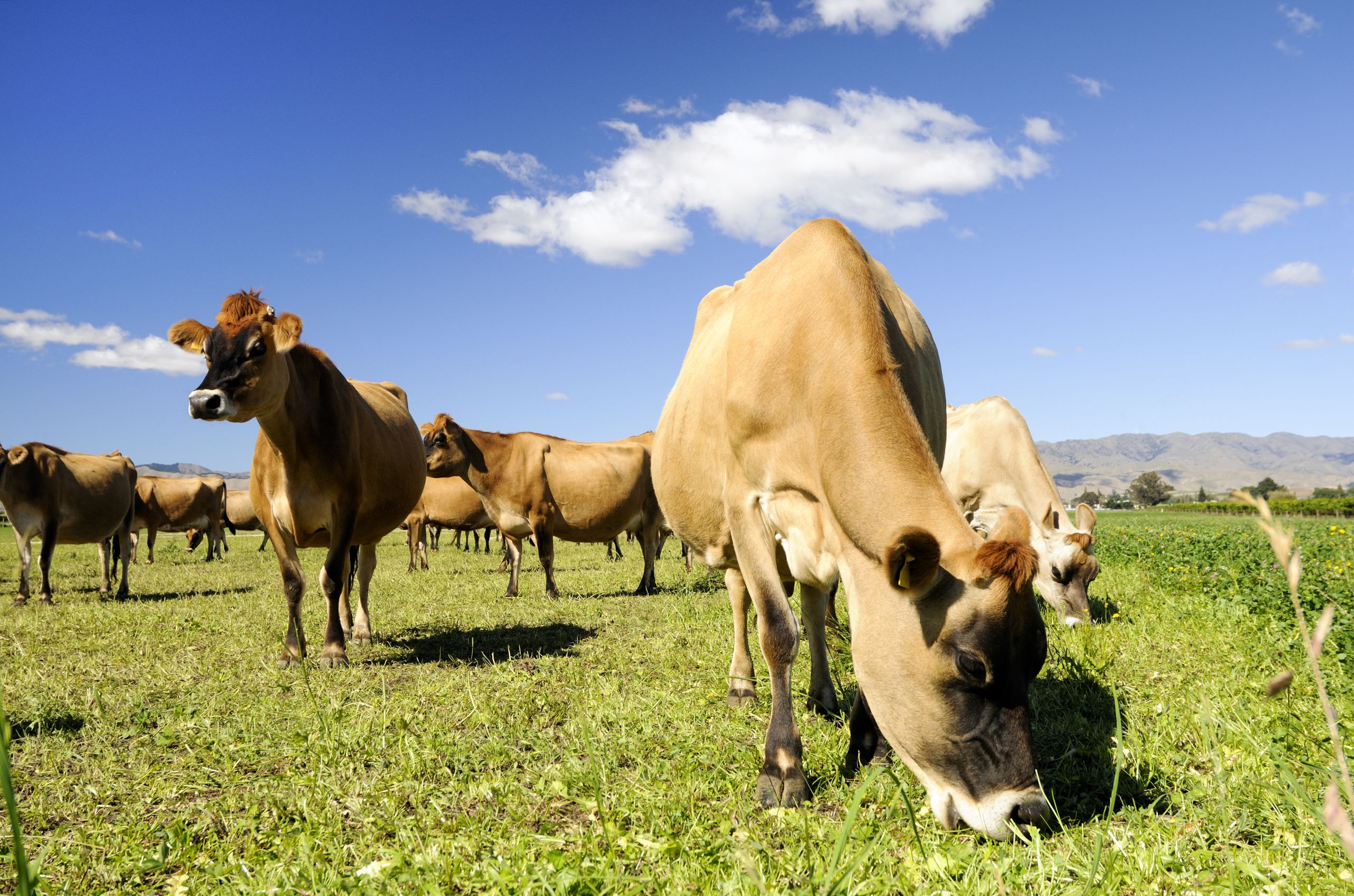
Inspections and audits
From January 2022 to March 2022, the Food Authority conducted 7 inspections and 86 audits of licensed dairy businesses. This industry sector has maintained a high compliance rate with 100% of businesses recording an acceptable audit result. This industry sector has maintained a high compliance rate for an extended period due to industry commitment to food safety controls.
The table below shows yearly comparable data for compliance and audit activity in the dairy sector between the same reporting periods in 2021 and 2022.
| Reporting period | Jan – Mar 2021 | Jan – Mar 2022 |
|---|---|---|
| Total audits | 74 | 86 |
| Total inspections | 11 | 7 |
| Compliance rate | 100% | 100% |
EGGS
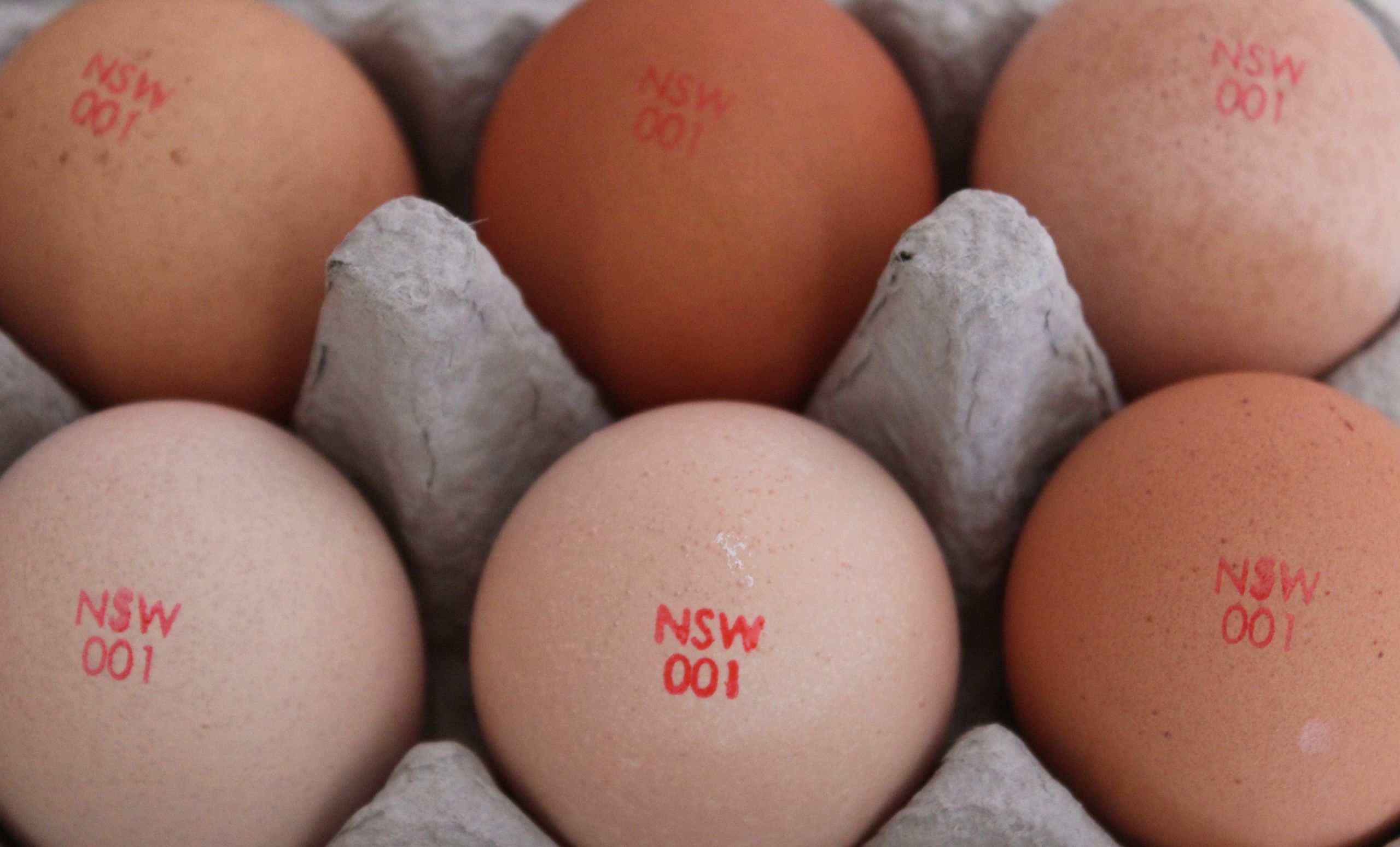
Inspections and audits
From January 2022 to March 2022, the Food Authority conducted 4 inspections and 9 audits of licensed egg businesses. This industry sector has recorded a compliance rate of 100% for the reporting period.
The table below shows yearly comparable data for compliance and audit activity in the egg sector between the same reporting periods in 2021 and 2022.
| Reporting period | Jan – Mar 2021 | Jan – Mar 2022 |
|---|---|---|
| Total audits | 17 | 9 |
| Total inspections | 21 | 4 |
| Compliance rate | 93% | 100% |
Update for Producers – Biosecurity (Salmonella Enteritidis) Control Order extension
NSW Department of Primary Industries (DPI) in conjunction with the NSW Food Authority has extended the Biosecurity (Salmonella Enteritidis) Control Order that commenced two years ago.
There are no changes to the Control Order other than the date extension to 30 June 2024.
All producers are required to continue to comply with Control Order requirements, which will checked by an authorised officer any time an audit or inspection is conducted.
Mandatory testing has been instrumental in limiting the spread of SE in NSW poultry, thereby reducing the number of human health cases. By extending the Control Order, NSW will continue to minimise the public health risk of Salmonella Enteritidis.
The amended Control Order can be accessed at Biosecurity (Salmonella Enteritidis) Control Order 2020 (as amended)
More information on Salmonella Enteritidis can be found on the DPI website.
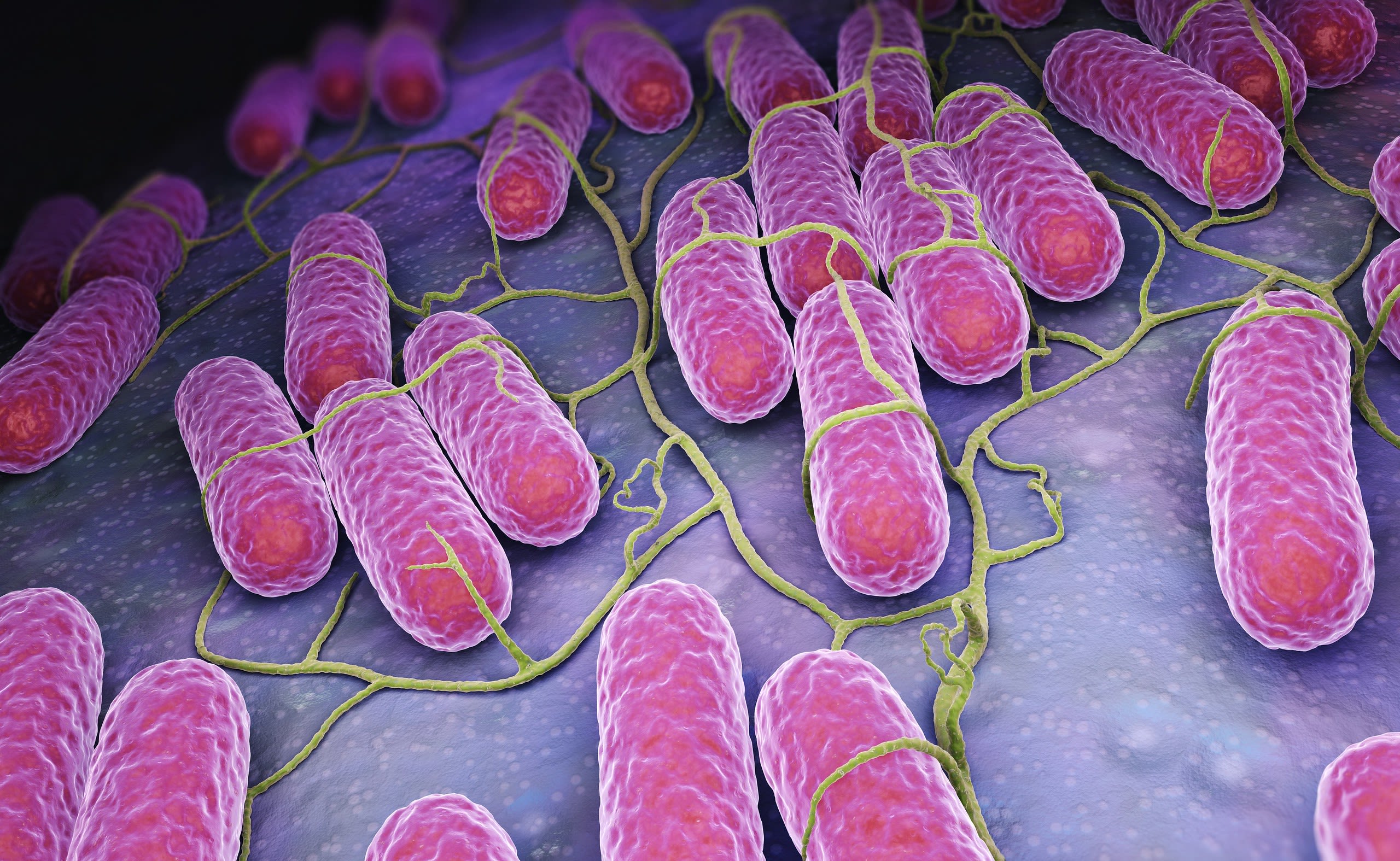
PLANTS

Inspections and audits
From January 2022 to March 2022, the Food Authority conducted 1 inspection and 16 audits of licensed plant product businesses. This industry sector has recorded a compliance rate of 85%. However, given the small numbers of licensees in this sector that failed an audit, variances are not significant.
The main audit items attracting Corrective Action Requests (CARs) during the period were for Hygiene & sanitation (failure to maintain the premises in a clean condition), Pre-requisite program issues (failure to prevent the harbourage of pests) and Process control. The Biosecurity & Food Safety Compliance team will be targeting its future oversite and implementing strategies to address these critical and high-risk issues and poor performers.
The table below shows yearly comparable data for compliance and audit activity in the plant sector between the same reporting periods in 2021 and 2022.
| Reporting period | Jan – Mar 2021 | Jan – Mar 2022 |
|---|---|---|
| Total audits | 58 | 140 |
| Total inspections | 41 | 20 |
| Compliance rate | 94% | 95% |
VULNERABLE PERSONS

Inspections and audits
From January 2022 to March 2022, the Food Authority conducted 10 inspections and 210 audits of licensed hospitals and aged care businesses. This industry sector has maintained a high compliance rate with 99% of businesses recording an acceptable compliance result due to the correct implementation of food safety controls and ensuring staff have the necessary skills and knowledge.
The table below shows yearly comparable data for compliance and audit activity in the vulnerable persons sector between the same reporting periods in 2021 and 2022.
| Reporting period | Jan – Mar 2021 | Jan – Mar 2022 |
|---|---|---|
| Total audits | 274 | 210 |
| Total inspections | 12 | 10 |
| Compliance rate | 99% | 99% |
MANUFACTURING

Changes to Health Star Rating system
Following the five-year review of the Health Star Ratings system, a number of changes were recommended to make it easier for consumers to read Health Star Ratings and choose healthier packaged foods.
The Health Star Rating (HSR) is a front-of-pack labelling system that rates the overall nutrition profile of packaged foods with a rating from ½ a star to 5 stars. It provides a quick, easy and standardised way for consumers to compare similar packaged foods. The more stars, the healthier the choice.
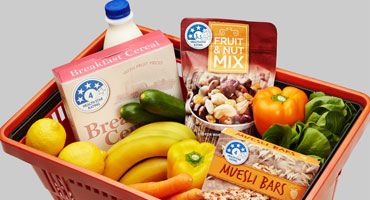
While the use of the HSR is voluntary, manufacturers who use HSR are required to comply with changes outlined in recommendations from the five-year review.
These are due to come into effect by 14 November 2022. However, for products with a shelf life of 12 months or longer, a stock-in-trade provision of a further 12 months will be permitted.
Key to these changes are:
- the permitted HSR logos – energy-only icon is no longer permitted
- automatic Health Star Ratings – new advice for specific products
- the Health Star Ratings calculator – total sodium and sugars will be penalised more strongly and dairy categories have been refined
If you use a HSR on your packaging this means by 14 November 2022 you must:
- Remove the energy-only icon from products and replace with a permitted HSR graphic
- Determine whether your products have changed categories
- Re-run products through the revised HSR calculator to see if existing HSR labels need to be updated.
For more information on the HSR system and recent changes, visit healthstarrating.gov.au
For information on how to categorise and calculate an HSR, access the Health Star Rating system Calculator and Style Guide, updated on October 2021.
Questions about the Guide and use of the HSR graphic can be directed to the Front-of-Pack Labelling Secretariat. Email frontofpack@health.gov.au or call 1800 099 658.
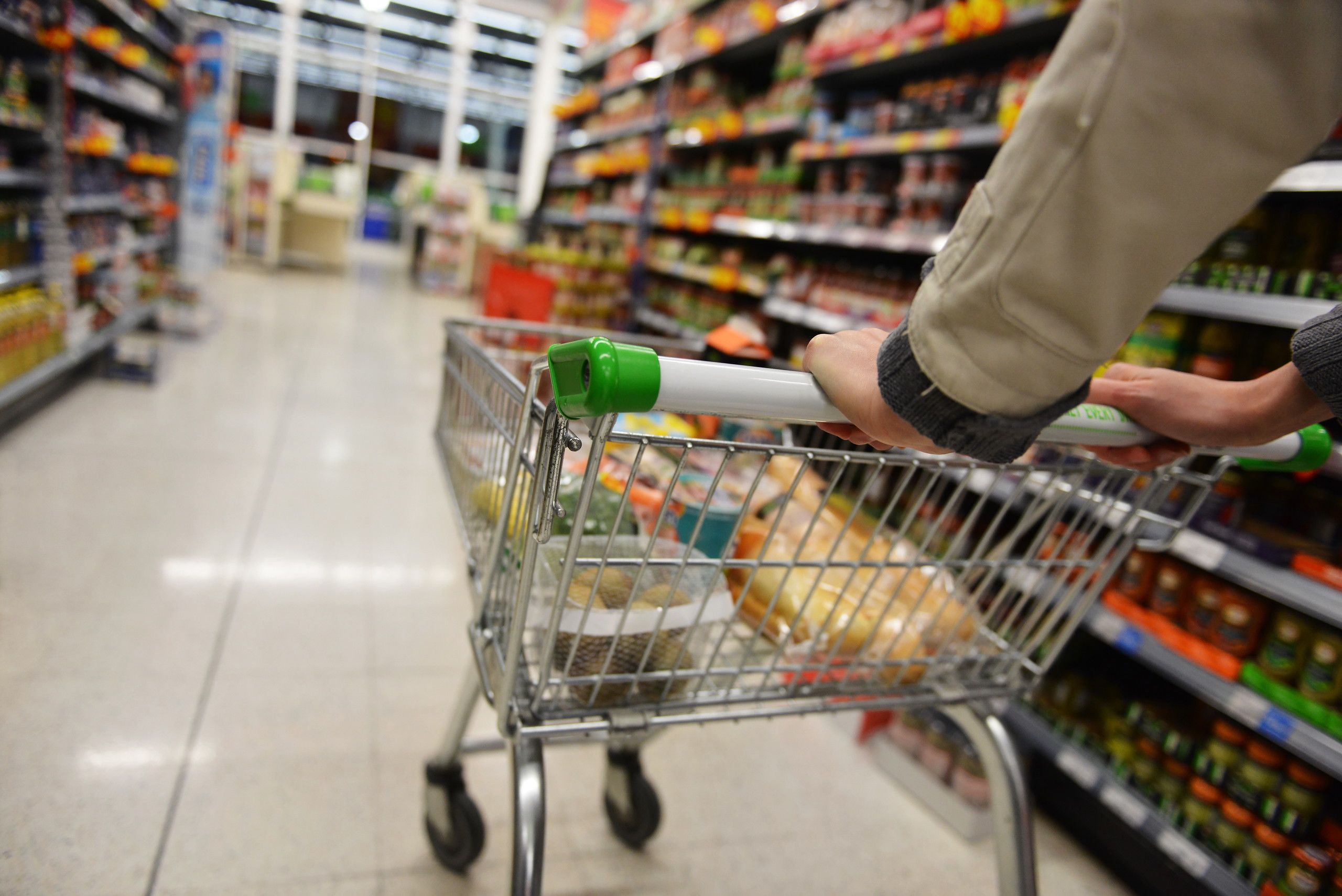
PROSECUTIONS
Illegal Sydney abattoir shut down and fined
A Sydney company that was in breach of a number of food safety and biosecurity matters has been fined $17,000 and ordered to pay the prosecutor’s costs of more than $29,000 after pleading guilty in the Campbelltown Local Court recently.
Foxy’s Contracting Pty Ltd in Cobbitty in south western Sydney was convicted of seven offences – five under the NSW Food Act 2003 and two under the NSW Biosecurity Act 2015, for matters relating to the illegal slaughter of sheep and goats.
CEO of the NSW Food Authority Dr Lisa Szabo said the officers from the Authority’s Compliance and Investigations Unit conducted a joint operation with the NSW RSPCA after receiving intelligence that an illegal slaughter operation was being run from a south western Sydney property.
“This has been a very successful outcome in the protection of human health and reducing the possibility of animal disease and biosecurity risk,” Dr Szabo said.
“Anyone operating without a licence is operating outside the stringent food safety requirements of the Food Act.
“In addition to the fines issued by the Court, our officers issued a Prohibition Order to stop the company from trading which immediately reduced the risk to consumers that is posed when unlicensed meat is sold for human consumption.
“Further the company was not complying with the National Livestock Identification System (NLIS) which prevents livestock identification and traceability which can put the entire industry at risk.
“An individual Biosecurity Direction was also issued to the company to mitigate any biosecurity risk.”
Dr Szabo said the NSW Food Authority works closely with industry to ensure they are informed, educated and supported in achieving compliance.
“While the vast majority of licensed operators do the right thing, it takes just one dodgy operator to put the community at risk of foodborne illness and introduce biosecurity risks to industry and the broader environment all of which can have a devastating impact.”
Details of the prosecution can be found on the NSW Food Authority’s Name and Shame register
PROCESSES
FSANZ call for submissions
- FSANZ invites written submission for the assessment of the following application by 6pm (Canberra time) 29 June 2022:
General procedure
Application A1246– Phospholipase A1 from GM Aspergillus oryzae: To amend Schedule 18—Processing aids of the Australia New Zealand Food Standards Code (the Code) to approve a phospholipase A1 enzyme preparation produced by a genetically modified strain of Aspergillus oryzae - FSANZ invites written submissions for the assessment of the following applications by 6pm (Canberra time) 1 July 2022:
General procedure
Application A1240 – Polygalacturonase from GM Aspergillus oryzae as a processing aid: This application seeks to permit polygalacturonase from a genetically modified strain of Aspergillus oryzae containing the polygalacturonase gene from Aspergillus tubingensis, as a processing aid in the manufacture of fruit and vegetable juices/products, coffee processing, flavouring production and wine production.
General procedure
Application A1241 – Pectinesterase from GM Aspergillus oryzae as a processing aid: This application seeks to permit pectinesterase from a genetically modified strain of Aspergillus oryzae containing the pectinesterase gene from Aspergillus tubingensis, as a processing aid in the manufacture of fruit and vegetable juices/products, coffee processing, flavouring production and wine production. - FSANZ invites written submissions for the assessment of the following applications by 6pm (Canberra time) 8 July 2022:
General procedure
Application A1239 – Food derived from EPA and DHA producing and herbicide-tolerant canola line LBFLFK : This application seeks approval for food derived from canola line LBFLFK, genetically modified for herbicide tolerance and to produce omega-3 long-chain polyunsaturated fatty acids eicosapentaenoic acid (EPA) and docosahexaenoic acid (DHA) in the seed.
Application A1248 - GM Aspergillus niger (gene donor: Gloeophyllum trabeum) as a processing aid: This application seeks approval to amend the Australia New Zealand Food Standards Code for approval to permit glucoamylase from a genetically modified strain of Aspergillus niger, containing the gene for glucoamylase from Gloeophyllum trabeum, as a processing aid in potable alcohol and starch processing.
CALENDAR
Sydney Royal Cheese & Dairy Produce Show
- Judging: 20 – 23 June 2022
- Awards night: 27 June 2022
FSANZ 2022 Stakeholder Forum – Future Ready Food Standards
- 29 June 2022
Retail and Food Service Information Session – Wollondilly Shire Council
- Tuesday 2 August at Picton Bowling Club.
Fresh Produce Safety Conference 2022
- 11 August 2022
- 23-25 October 2022
NEW & UPDATED RESOURCES
- High Pressure Processing (HPP) - updated (Guide)
- Sous Vide – food safety precautions for restaurants – updated (Guide)
- Developing innovative food safety control methods - new (Guide)
- Alternative Compliance Application Form - new
- Cooling of large meat products – new (Factsheet)
- Production process pro forma – Cooling of large meat products - new


